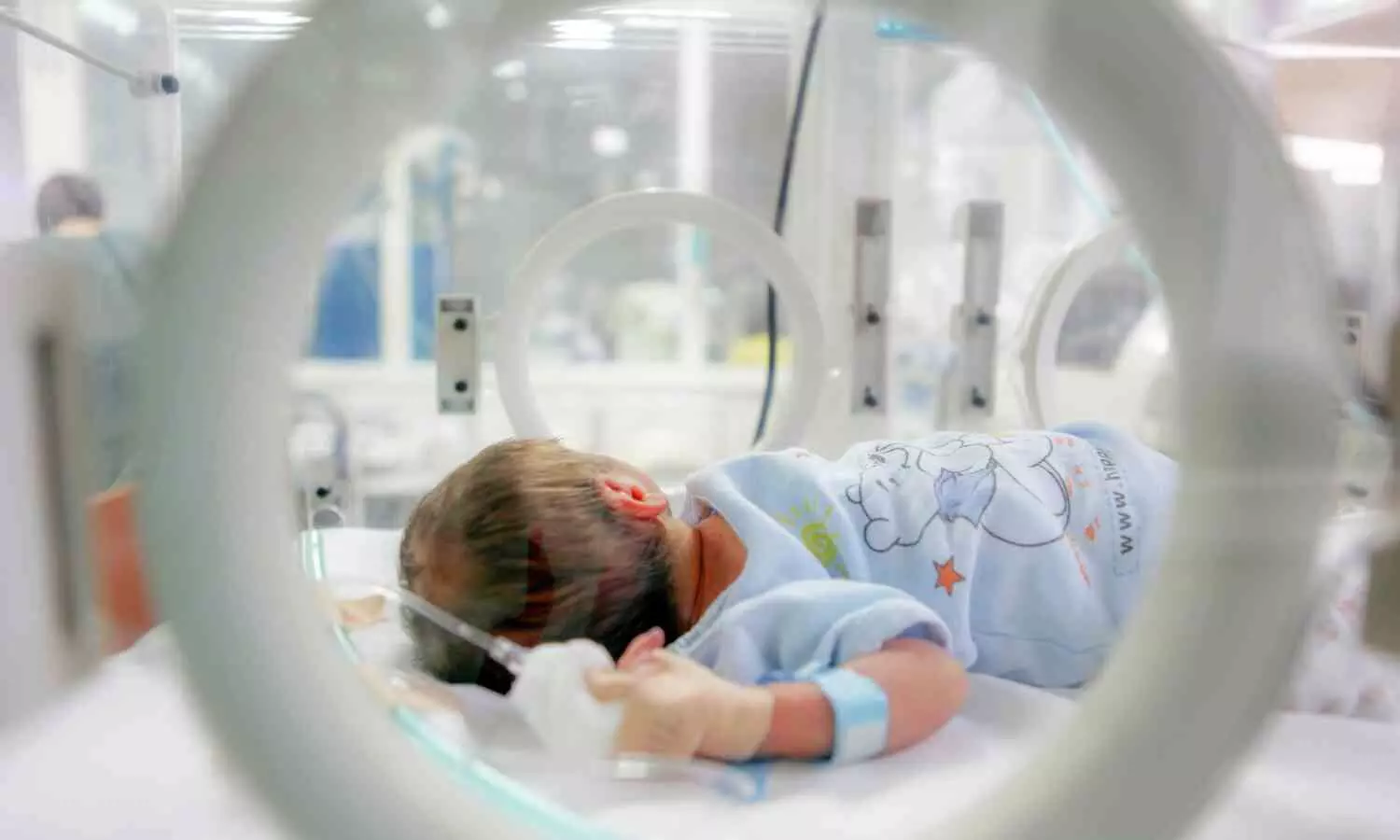Even healthy children can be severely affected by RSV, reveals research
- byDoctor News Daily Team
- 10 September, 2025
- 0 Comments
- 0 Mins

It is not only premature babies and children with underlying diseases who suffer from seriousrespiratory syncytial virus(RSV) infections. Even healthy, full-term babies are at significant risk of intensive care or prolonged hospitalisation – especially during the first three months of life. This is according to a comprehensive registry study from Karolinska Institutet in Sweden published inThe Lancet Regional Health – Europe. RSV is a common cause ofrespiratory infectionsin young children and accounts for around 245,000 hospital admissions annually in Europe. Researchers have now analysed data from over 2.3 million children born in Sweden between 2001 and 2022 to find out who is at greatest risk of suffering serious complications or dying from anRSV infection. It is well-known that premature babies and children with chronic diseases are at increased risk of developing severe illness when infected with RSV. It is also known that children under three months of age are particularly vulnerable, but it has not been entirely clear how common severe disease is among previously healthy children. The study shows that the largest group among the children who needed intensive care or were hospitalised for a long period of time were under three months of age, previously healthy and born at full term. “When shaping treatment strategies, it is important to take into account that even healthy infants can be severely affected by RSV,” says the study’s first author, Giulia Dallagiacoma, a physician and doctoral student at the Department of Medical Epidemiology and Biostatistics, Karolinska Institutet. “The good news is that there is now preventive treatment that can be given to newborns, and a vaccine that can be given to pregnant women.” Starting September 10, 2025, all newborns in Sweden will be offered preventive treatment with antibodies during the RSV season. The drug works much like a vaccine and protects against severe RSV infection for about six months. A total of 1.7 per cent of the children in the study were diagnosed with RSV infection. Among those, just under 12 per cent (4,621 children) had a severe course of illness. The median age of children who needed intensive care was just under two months, and the majority of them had no underlying disease. The researchers identified several factors that were linked to an increased risk of needing intensive care or dying. Children who were born in the winter, or had siblings aged 0–3 years or a twin, had approximately a threefold increased risk, while children who were small at birth had an almost fourfold increased risk. Children with underlying medical conditions had more than a fourfold increased risk of severe illness or death. “We know that several underlying diseases increase the risk of severe RSV infection, and it is these children who have so far been targeted for protection with the preventive treatment that has been available,” says the study’s last author, Samuel Rhedin, resident physician at Sachs’ Children and Youth Hospital and associate professor at the Department of Medical Epidemiology and Biostatistics, Karolinska Institutet. “However, the study highlights that a large proportion of children who require intensive care due to their RSV infection were previously healthy. Now that better preventive medicines are available, it is therefore positive that the definition of risk groups is being broadened to offer protection during the RSV season to previously healthy infants as well.” Giulia Dallagiacoma, Risk factors for severe outcomes of respiratory syncytial virus infection in children: a nationwide cohort study in Sweden, The Lancet Regional Health - Europe, DOI:10.1016/j.lanepe.2025.101447.
Disclaimer: This website is designed for healthcare professionals and serves solely for informational purposes.
The content provided should not be interpreted as medical advice, diagnosis, treatment recommendations, prescriptions, or endorsements of specific medical practices. It is not a replacement for professional medical consultation or the expertise of a licensed healthcare provider.
Given the ever-evolving nature of medical science, we strive to keep our information accurate and up to date. However, we do not guarantee the completeness or accuracy of the content.
If you come across any inconsistencies, please reach out to us at
admin@doctornewsdaily.com.
We do not support or endorse medical opinions, treatments, or recommendations that contradict the advice of qualified healthcare professionals.
By using this website, you agree to our
Terms of Use,
Privacy Policy, and
Advertisement Policy.
For further details, please review our
Full Disclaimer.
Recent News
What Your Neck Size Says About Your Heart Health?...
- 04 November, 2025
EVOQUE TTVR Delivers Promising Real-World Results:...
- 04 November, 2025
Influenza Vaccination Reduces Mortality and Readmi...
- 04 November, 2025
Can Technology Make Kids Healthier? New Research S...
- 04 November, 2025
Daily Newsletter
Get all the top stories from Blogs to keep track.


0 Comments
Post a comment
No comments yet. Be the first to comment!